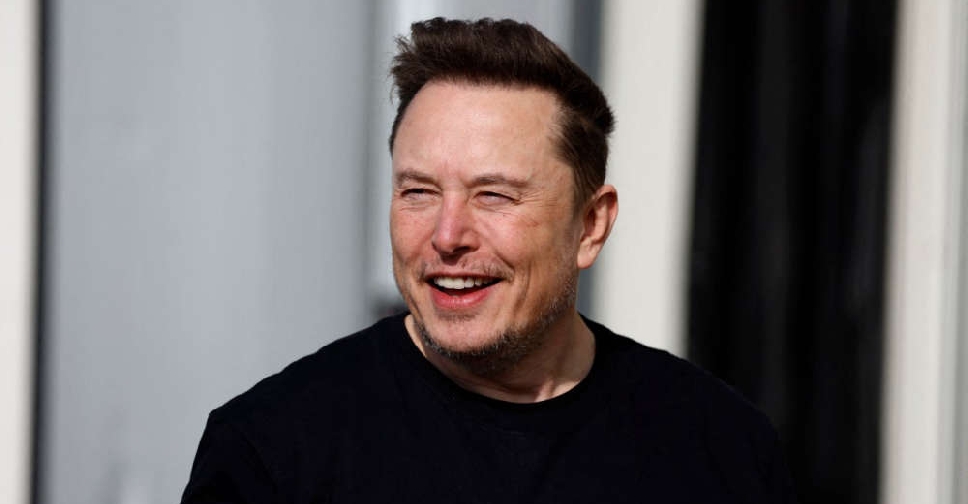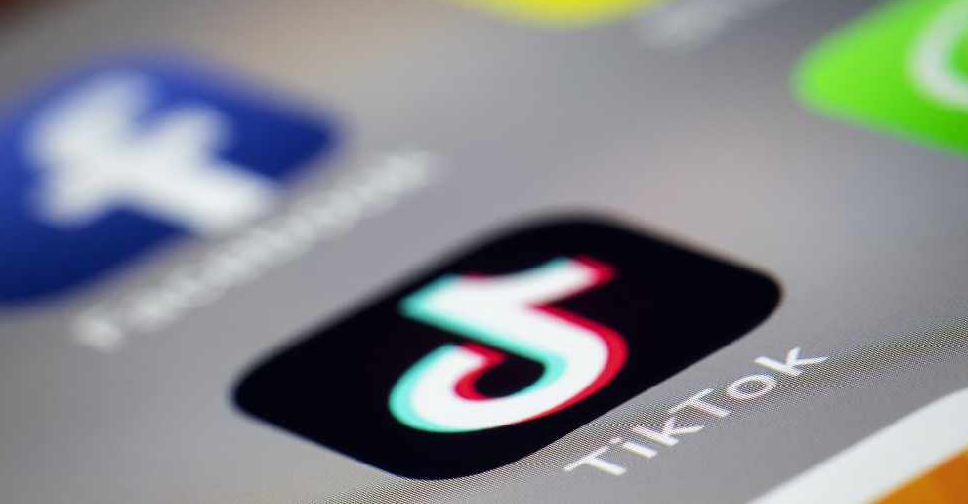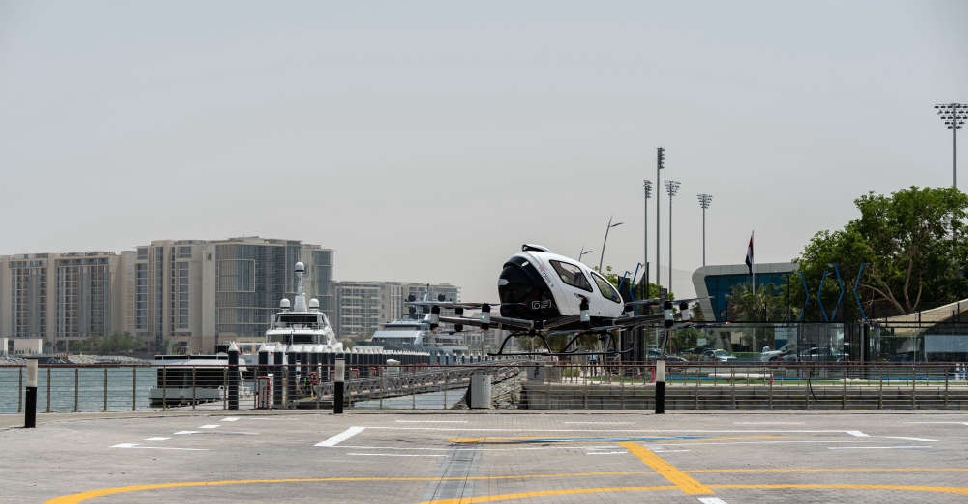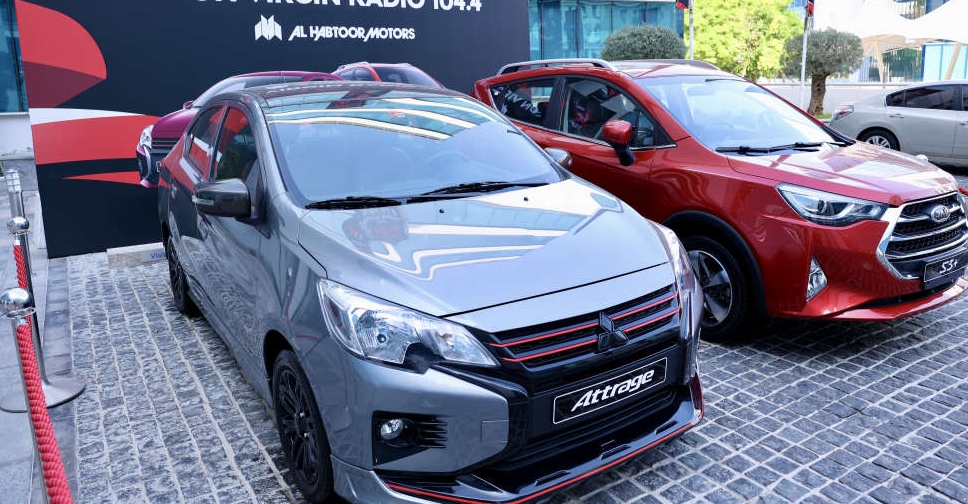
Volkswagen AG’s denial of the US Environmental Protection Agency’s latest diesel-cheating allegations sets up a new fight with US regulators that could prolong a scandal that threatens to weigh it down for another year or more. Unlike the original Sept. 18 announcement involving small cars, when VW admitted to rigging software to evade US emissions limits, on Monday the Wolfsburg, Germany-based automaker said that the EPA was wrong in implicating new models - including, for the first time, the Porsche Cayenne. “VW stresses that no software has been installed in the 3-litre V6 diesel engines to change emission results in an inadmissible way,” the company said in an e-mail. “Volkswagen will fully cooperate with the EPA to clarify the matter unreservedly.” The conflict could also have implications for Matthias Mueller, the chief executive officer installed to help lead VW out of the emissions scandal. Mueller has professed no knowledge of the emissions cheating before it was uncovered by regulators. He’ll now have to contend with a spotlight for the first time on Porsche, the Volkswagen-owned nameplate he led before being appointed to his current post. Clean Air The EPA said Monday its testing found some 2014-2016 VW, Audi and Porsche models with 3.0-liter engines have equipment to alter turn off emissions systems when they’re being driven on actual roads and not in the testing lab, the agency said in a letter posted to its website. “VW has once again failed in its obligation to comply with the law that protects clean air for all Americans,” said Cynthia Giles, assistant administrator of EPA’s Office of Enforcement and Compliance Assurance. Porsche said it was “surprised” by the EPA announcement. “Until this notice, all of our information was that the Porsche Cayenne diesel is fully compliant,” the division’s US unit said in a statement Monday. The EPA and the California Air Resources Board announced Sept. 18 that they were investigating Volkswagen after the carmaker admitted to rigging the emissions systems of diesel vehicles so they would pass pollution tests. That announcement affected almost 500,000 cars in the US, and 11 million worldwide. 10,000 Cars The expanded probe adds only about 10,000 more cars now on the road, as well as an undetermined number of 2016 models, but draws in the prestigious Porsche brand that had been untouched by the scandal so far. Volkswagen’s American depositary receipts fell 2.9% to $27 at the close in New York. The ADRs dropped as much as 3.7% in the hour following the EPA announcement. The cheating scandal has shattered Europe’s largest automaker, leading to the resignation of its chief executive, Martin Winterkorn. VW set aside 6.7 billion euros ($7.4 billion) in the third quarter for recall repair costs and already acknowledged this won’t be enough. Under the Clean Air Act, Volkswagen may be liable for fines as high as $18 billion, based on maximum penalties per car involved, and it faces further costs from lawsuits filed in the US and Europe. Porsche Chief Mueller was named Winterkorn’s replacement. He had been the CEO of its subsidiary, Porsche, since 2010. Mueller spent his entire career at VW, including stints at the Audi and VW brands. During stepped up testing of diesel models on the road, EPA, CARB and Transport Canada discovered software in VW, Audi and Porsche models with 3.0-litre diesel engines that turns pollution-control equipment on only when the cars are in “temperature conditioning” mode that mirrors federal test conditions, the regulators said. In real-world driving, the controls are turned off, making the vehicles far more polluting than VW certified them to be. The affected models are the 2014 VW Touareg, the 2015 Porsche Cayenne and the 2016 Audi A6 Quattro, A7 Quattro, A8, A8L and Q5. The vehicles’ emissions systems were rigged to turn off “one second” after government testing was complete, improving performance but causing nitrogen oxide emissions up to nine times the legal limit, Giles said. VW “knew or should have known” that the vehicles had software installed that “bypasses, defeats or renders inoperative” emissions controls, the EPA said. Volkswagen said there was no cheating software on its 3.0-litre, six-cylinder diesels on large cars and SUVs. More Recalls “It seems extraordinary that this was not flagged within the company, investigated and declared in light of the challenges which the company has faced in the last 2 months,” Arndt Ellinghorst, a London-based analyst at Evercore ISI, said in a note. The second EPA notice could trigger a recall of an additional 1 million cars, J.P. Morgan analyst Jose Asumendi said in a note to clients. "Worst case scenario, we estimate VW would have to top up the 6.7 billion euros provision by another 1 billion euros by year-end." "All in all, this represents a limited negative impact on the current situation but does raise some questions whether we have seen the bottom of this investigation," Asumendi said. Congressional Probe Volkswagen AG’s top US executive told lawmakers in Congress last month the emissions cheating was carried out by a few engineers in Germany without any formal decision by the company. He conceded it may take years to retrofit the bulk of the affected vehicles. Michael Horn, president and chief executive officer of Volkswagen of America, said most of the cars will need more than a software update to comply with US requirements. Volkswagen is looking at adding hardware such as improved catalytic converters or urea tanks, he said. Volkswagen will compensate customers and address any impact on performance, Horn said. He said the fixes will maintain the car’s fuel efficiency. Four members of a US House panel conducting a separate investigation of the emissions cheating called Monday on Volkswagen to “come clean” in response to the EPA accusation. “The latest revelations raise the question, where does VW’s road of deceit end?” according to a statement from Representatives Fred Upton, a Michigan Republican; Tim Murphy, a Pennsylvania Republican; Frank Pallone, a New Jersey Democrat; and Diana DeGette, a Colorado Democrat. (By Jeff Plungis, Dana Hull and Christoph Rauwald/ Bloomberg)
 Elon Musk visits China as Tesla seeks self-driving technology rollout
Elon Musk visits China as Tesla seeks self-driving technology rollout
 Abu Dhabi Airports welcomes 6.9 million passengers in three months
Abu Dhabi Airports welcomes 6.9 million passengers in three months
 ByteDance denies media report of plan to sell TikTok
ByteDance denies media report of plan to sell TikTok
 Photos: UAE’s first operational vertiport unveiled in Abu Dhabi
Photos: UAE’s first operational vertiport unveiled in Abu Dhabi
 France's air traffic control strikes ground flights across Europe
France's air traffic control strikes ground flights across Europe




